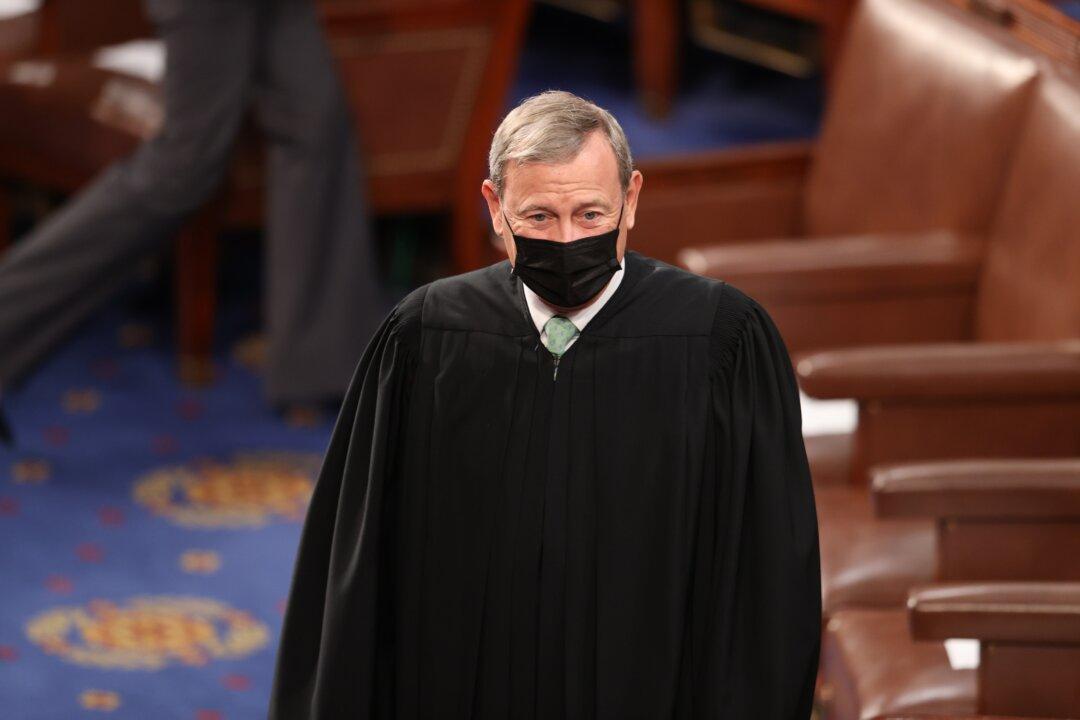The U.S. Supreme Court on July 19 cleared the way for Indiana to enforce a law that requires parents to be notified when their children seek abortions.
The court in June overturned Roe v. Wade, the 1973 ruling that blocked states from imposing many abortion restrictions. But the decision has not been formally issued, which means Indiana has not been able to enforce its 2017 parental notification law.





